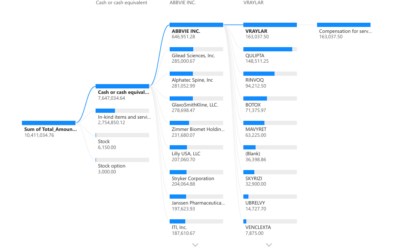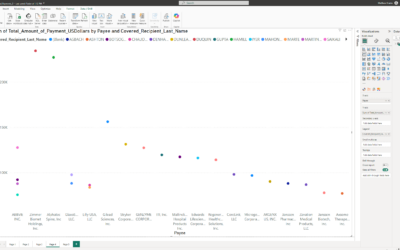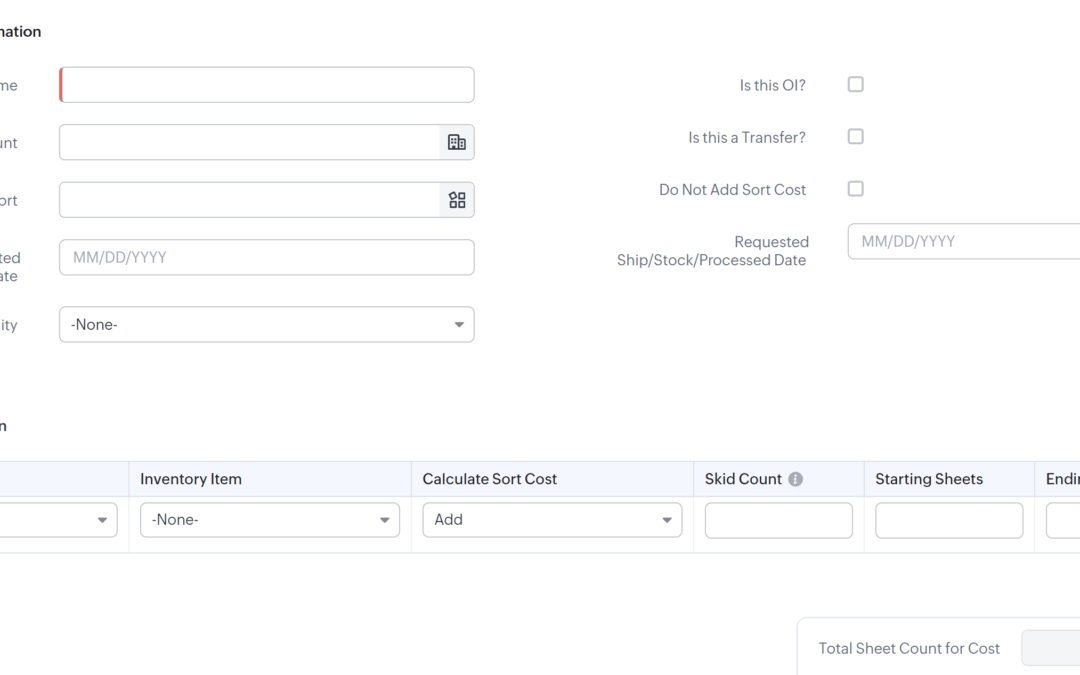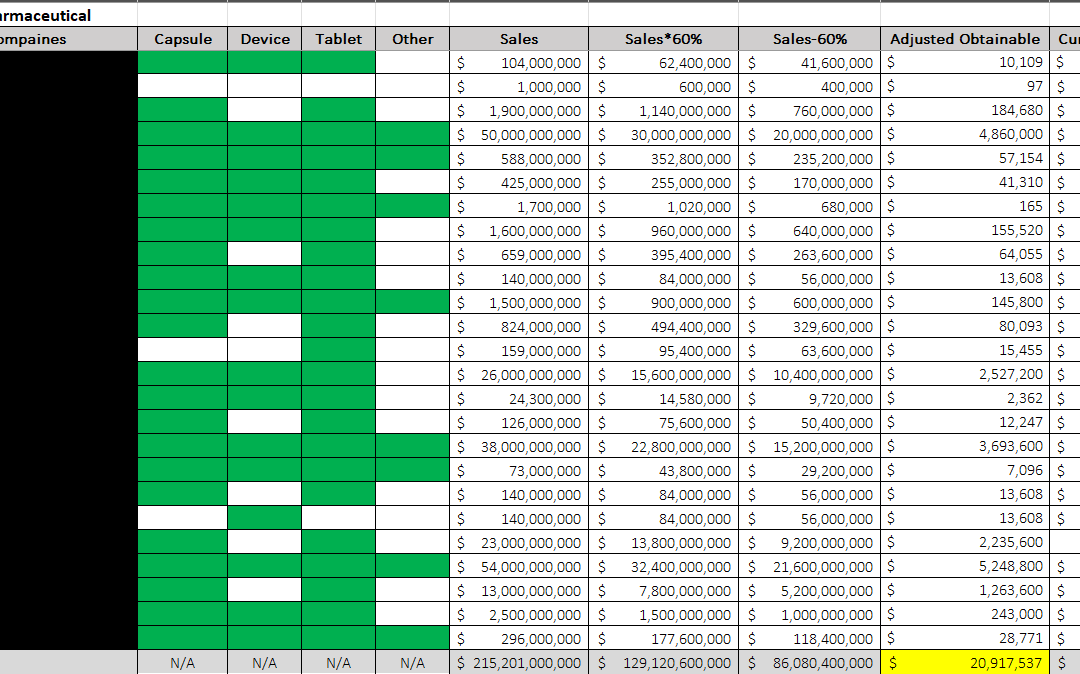When selecting the right CRM (Customer Relationship Management) platform, Zoho and Salesforce are two of the most popular choices. Both systems can be tailored to businesses of all sizes, from nimble startups to well-established enterprises. However, their strengths and weaknesses vary depending on the size, needs, and technical expertise of the company using them. In this post, I’ll break down the key differences between Zoho and Salesforce and help you understand which platform might be better suited to your organization.
Flexibility and Customization: Zoho’s Advantage for Smaller Businesses
For smaller companies or those looking for a quick setup, Zoho stands out due to its flexibility and ease of customization straight out of the box. One of its best features is subforms, which make data nesting much easier. Subforms allow you to attach multiple related records to a parent record (such as orders with multiple products), offering a more intuitive and efficient way to manage associated data without complex relationships or external databases. This feature is handy for businesses that require tracking multiple data points tied to a single entity, such as clients or projects, without needing advanced technical knowledge.
Moreover, Zoho allows you to make customizations quickly and painlessly—creating new fields, automating workflows, or personalizing reports. Smaller companies that don’t have a dedicated IT department can still implement custom processes without needing to engage a developer.
However, Zoho’s ease of use does come with some limitations. For example, while it offers a wide range of functionality, it lacks some advanced features that larger businesses might need, such as easily manageable rollups. Rollup fields—used to summarize data from related records—can be implemented in Zoho. Still, they often require more effort and are less intuitive than Salesforce’s built-in rollup capabilities.
Salesforce’s Power: Extensive Features for Enterprises
Salesforce, on the other hand, shines in its enterprise-level features and scalability. It’s a CRM built for complex organizations, offering a high degree of reconfigurability through its Apex programming language and its vast marketplace of third-party apps via the AppExchange. Salesforce has extensions for just about any function imaginable—from industry-specific add-ons to complex automation tools—making it an incredibly robust platform for businesses with more demanding requirements.
Salesforce’s architecture is designed to handle large amounts of data and complex workflows, so it’s commonly chosen by larger companies and enterprises that need sophisticated reporting, forecasting, and integration capabilities. Additionally, Salesforce offers extensive support for customization at scale, providing tools for building custom objects, fields, validation rules, and complex automated processes.
While Salesforce is robust and highly customizable, it comes at a higher price point and often requires significant time and resources to implement and maintain. The learning curve for Salesforce can be steeper than that of Zoho, especially when managing its extensive features’ intricacies. Still, the payoff can be worth it for larger enterprises that need a comprehensive CRM solution.
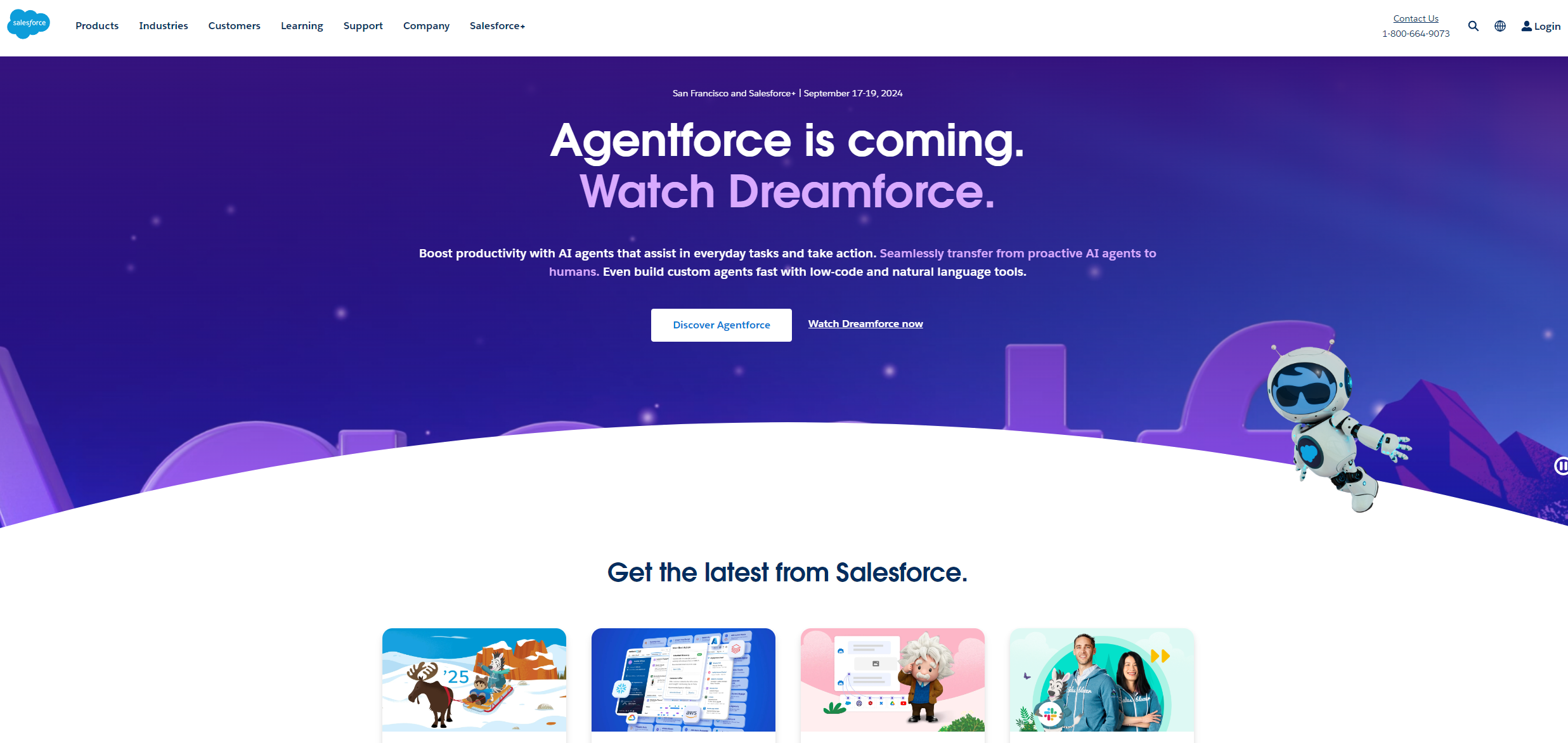
VS
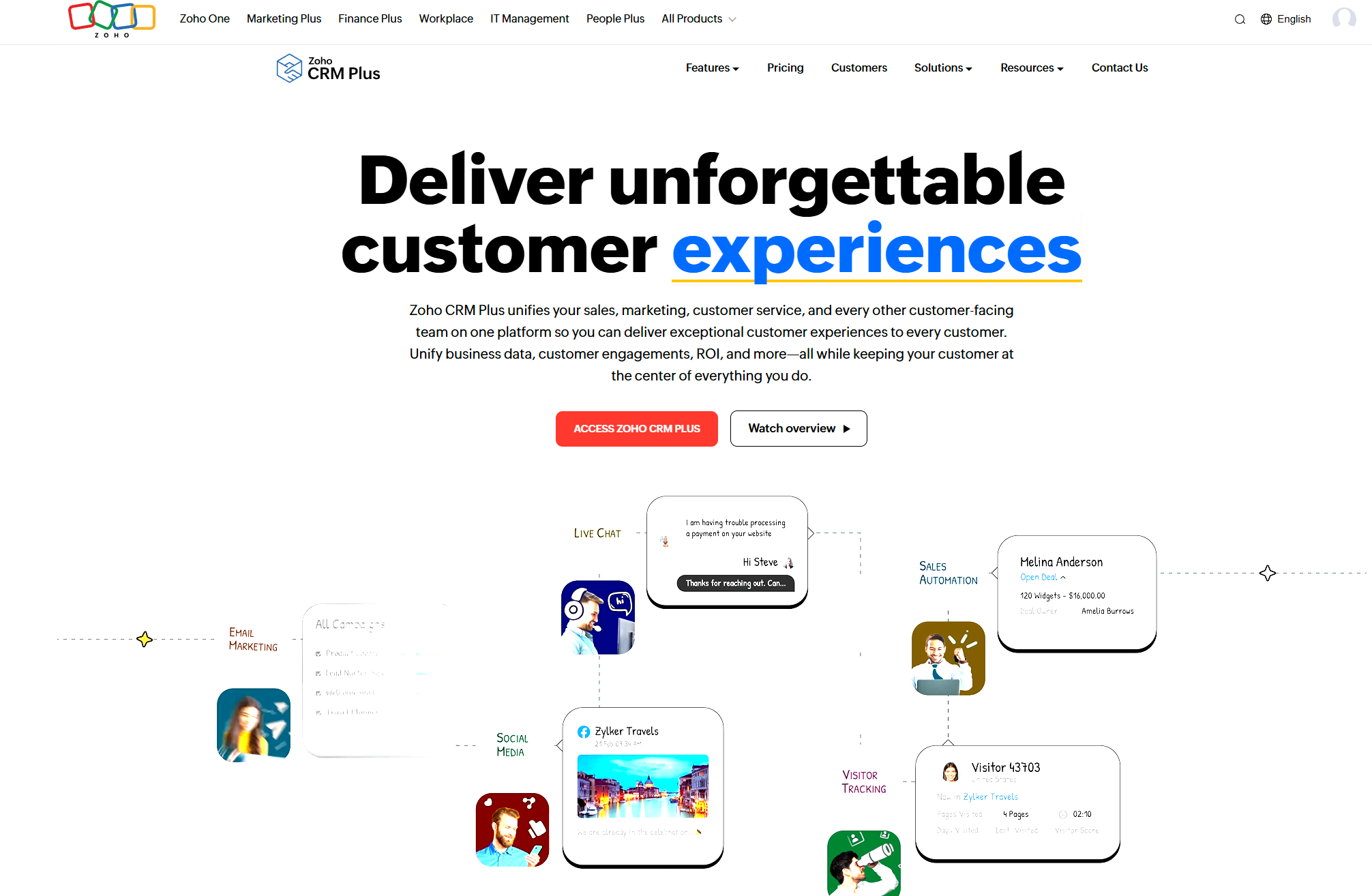
Programming and Automation: Deluge vs. Apex
When it comes to programming and automation, both Zoho and Salesforce offer their own scripting languages. Zoho’s Deluge is a relatively simple and lightweight scripting language designed for ease of use. It’s perfect for creating quick workflows, automations, and integrations within the Zoho ecosystem. Deluge allows users to automate routine tasks without needing an entire development team, making it an excellent choice for businesses prioritizing simplicity and speed over complexity.
Salesforce’s Apex, by contrast, is a more powerful programming language that allows for a much deeper level of customization. Apex is object-oriented and similar to Java, which means it has a steeper learning curve than Deluge but offers greater flexibility and control over CRM functionality. This makes Apex a better fit for businesses that need to develop complex, large-scale automation, integrations with external systems, and custom workflows that go beyond what’s possible with out-of-the-box solutions.
Deluge and Apex are passable for automating workflows and integrating with other systems. Still, Apex provides a more comprehensive and robust solution, particularly for larger companies with more intricate needs.
Integrated Ecosystems: Zoho’s Complete Suite vs. Salesforce’s AppExchange
One of Zoho’s biggest strengths is its integrated ecosystem of applications. Zoho doesn’t just offer CRM; it provides a full suite of business tools under the Zoho One umbrella, including apps for finance, project management, marketing, HR, and customer service. These apps are designed to work seamlessly together, providing an all-in-one solution that doesn’t require third-party integrations. For companies that want simplicity and tight integration across various business functions, Zoho’s ecosystem is a huge advantage.
On the other hand, Salesforce offers its own marketplace—AppExchange—filled with thousands of third-party applications extending the platform’s capabilities. AppExchange provides pre-built solutions to various industries and use cases, from eCommerce integrations to analytics tools. This allows businesses to integrate their Salesforce CRM with other platforms they may already be using easily. While the breadth of options on AppExchange is impressive, it can sometimes require extra configuration to ensure all apps work together smoothly.
Where Zoho’s ecosystem excels in its cohesiveness and simplicity, Salesforce wins on sheer extensibility and variety of options. The critical difference is that with Zoho, you can manage everything under one roof. In contrast, with Salesforce, you may need to piece together multiple third-party apps to achieve the same level of functionality.
Cost and Value
The pricing structure for Zoho and Salesforce is another primary consideration. Zoho is known for its affordability, making it a popular choice for small to mid-sized businesses that need a robust CRM solution without breaking the bank. Zoho’s pricing is generally lower across the board, especially when you factor in its all-in-one Zoho One plan, which gives access to over 40 business apps.
While more expensive, Salesforce offers greater scalability and functionality, particularly for enterprises. Salesforce is often a better long-term investment for larger companies that anticipate needing a more powerful, customizable CRM to manage a complex sales cycle, large data sets, and multiple business units. However, for small and medium businesses with more straightforward needs, the cost of Salesforce can quickly escalate, making Zoho a more attractive option from a value perspective.
Final Thoughts
Zoho and Salesforce are robust CRM platforms that can serve businesses of any size but cater to different needs. Zoho is an excellent choice for smaller companies or startups looking for an affordable, flexible, and easy-to-customize CRM. Its out-of-the-box functionality, subforms for data nesting, and integrated suite of apps make it a fantastic all-in-one solution.
Salesforce, by contrast, is better suited for larger businesses or enterprises that need a powerful, highly customizable CRM with advanced features. Its extensive marketplace of third-party integrations, scalability, and deep customization options through Apex makes it a more robust solution for organizations prepared to invest the necessary resources.
In summary, the right choice between Zoho and Salesforce comes down to the specific needs of your business. For small businesses seeking a simple, affordable CRM that can grow with them, Zoho is a great option. For larger companies that need a platform with more advanced capabilities, Salesforce may be worth the investment.

